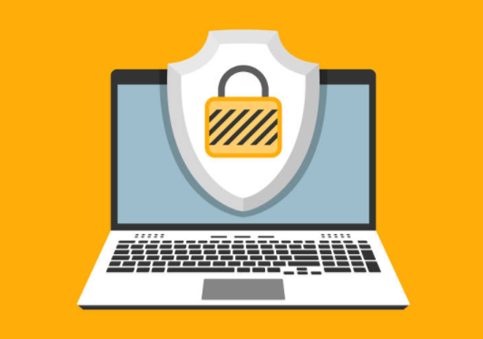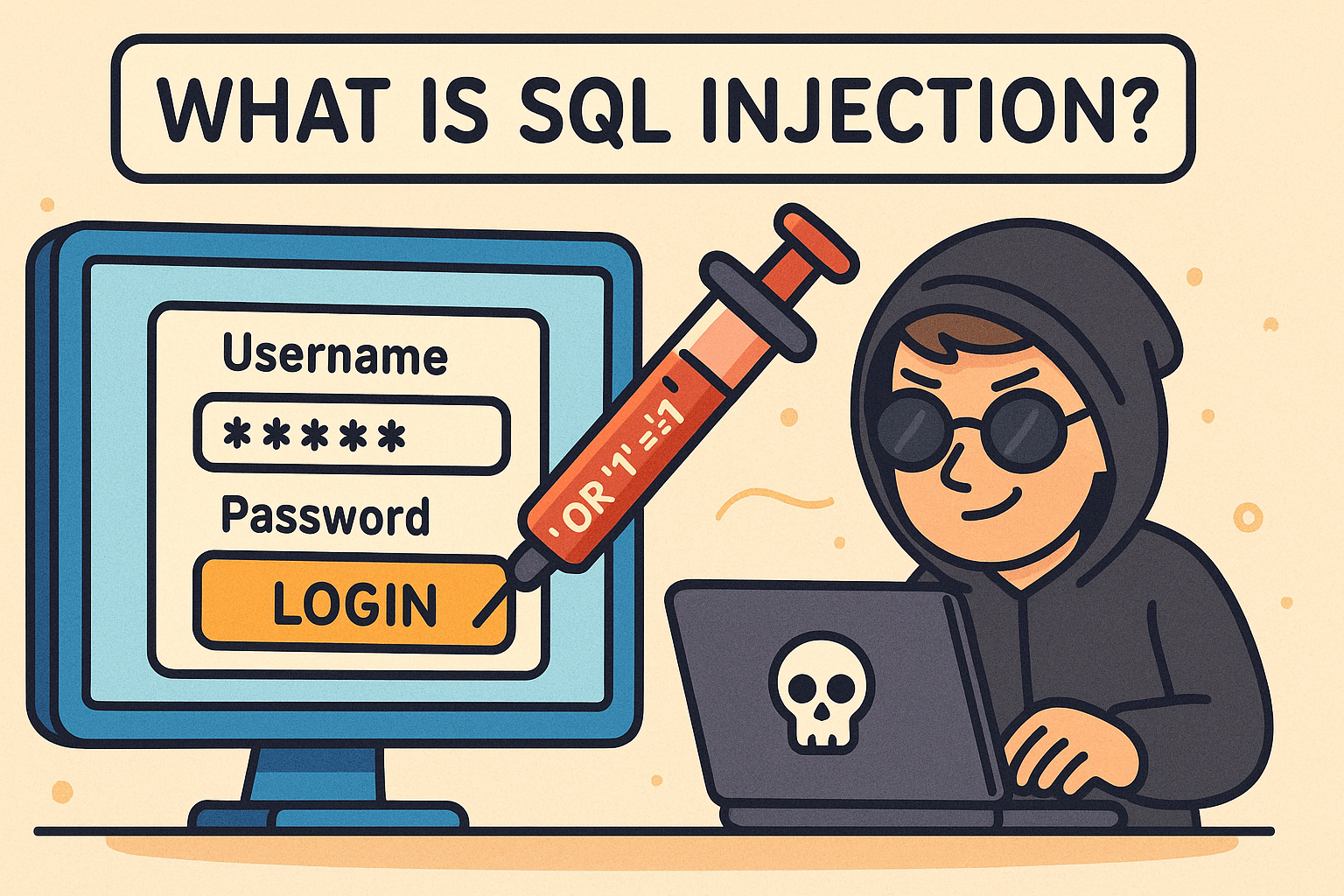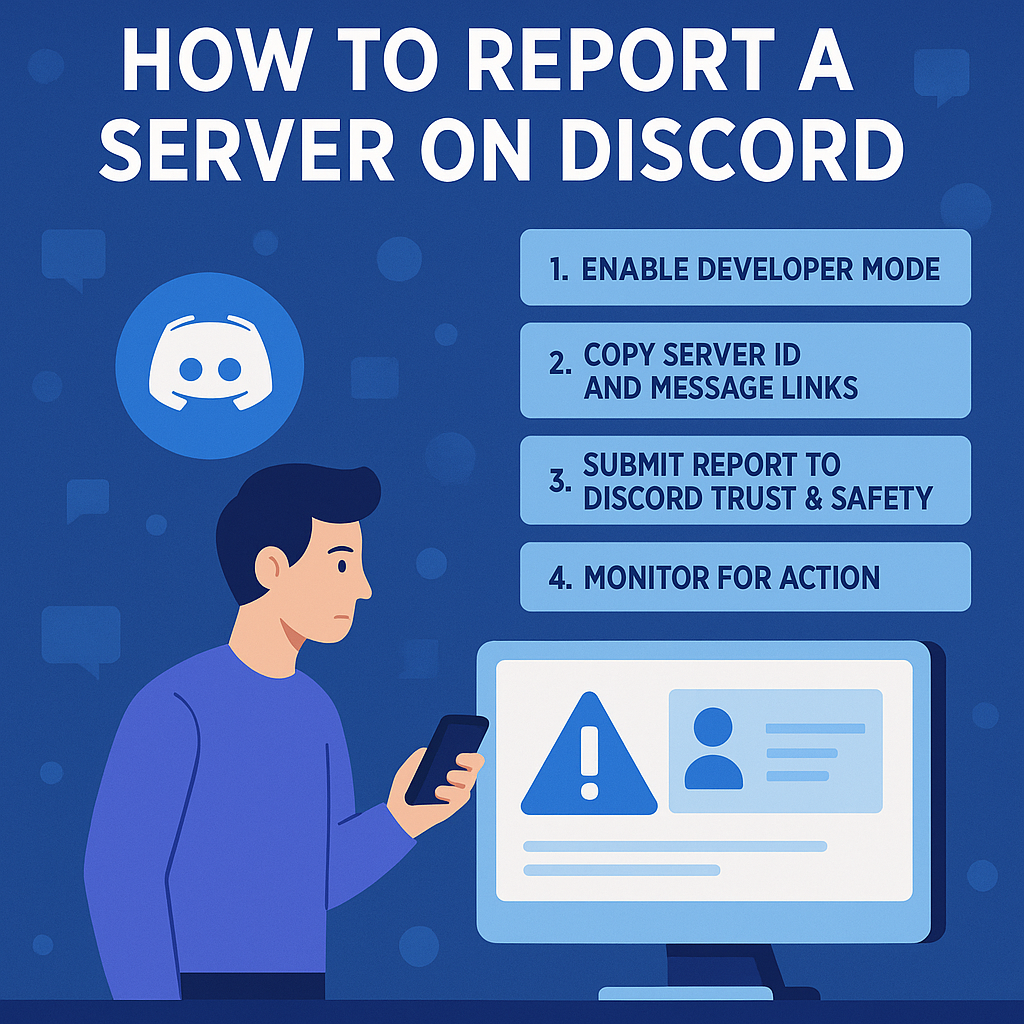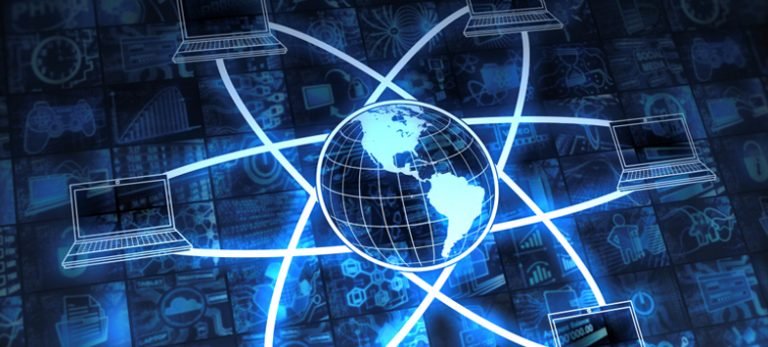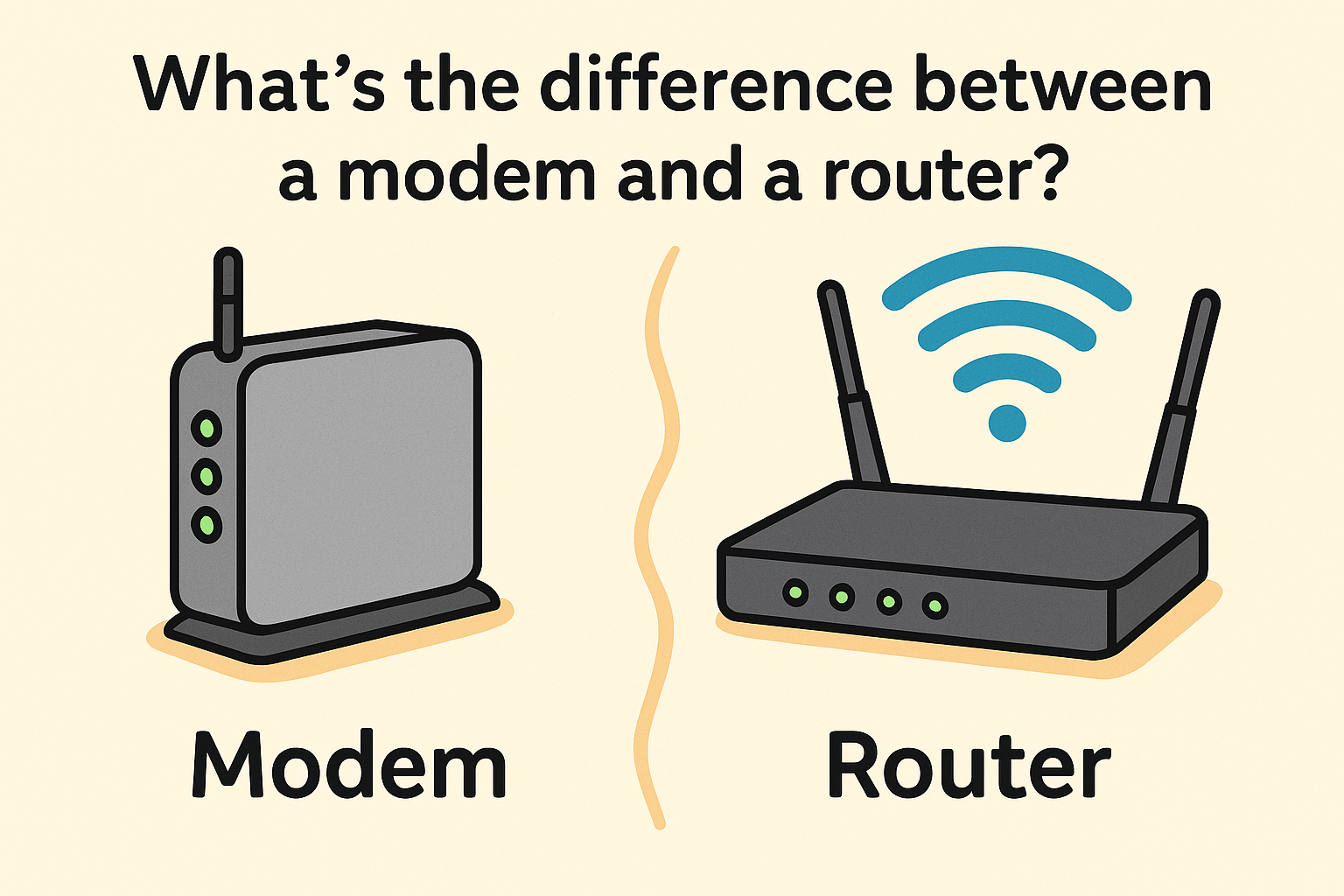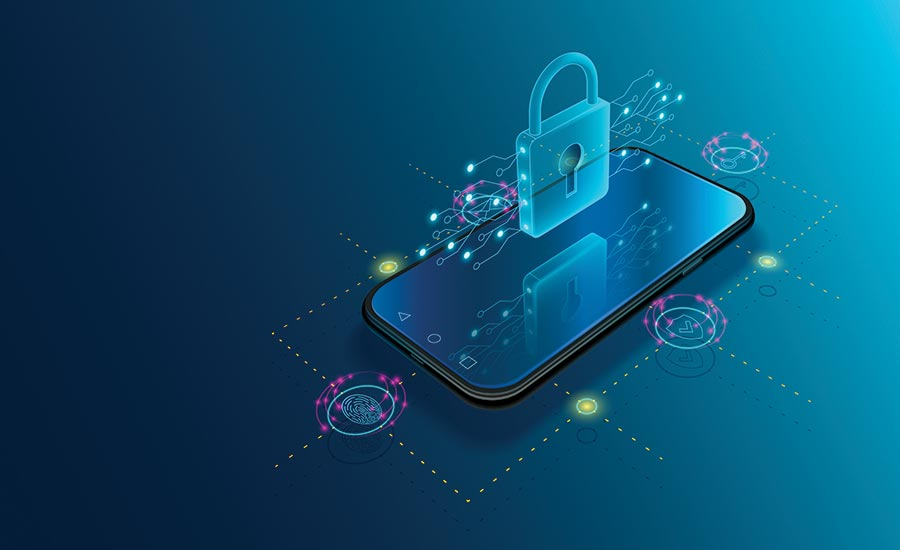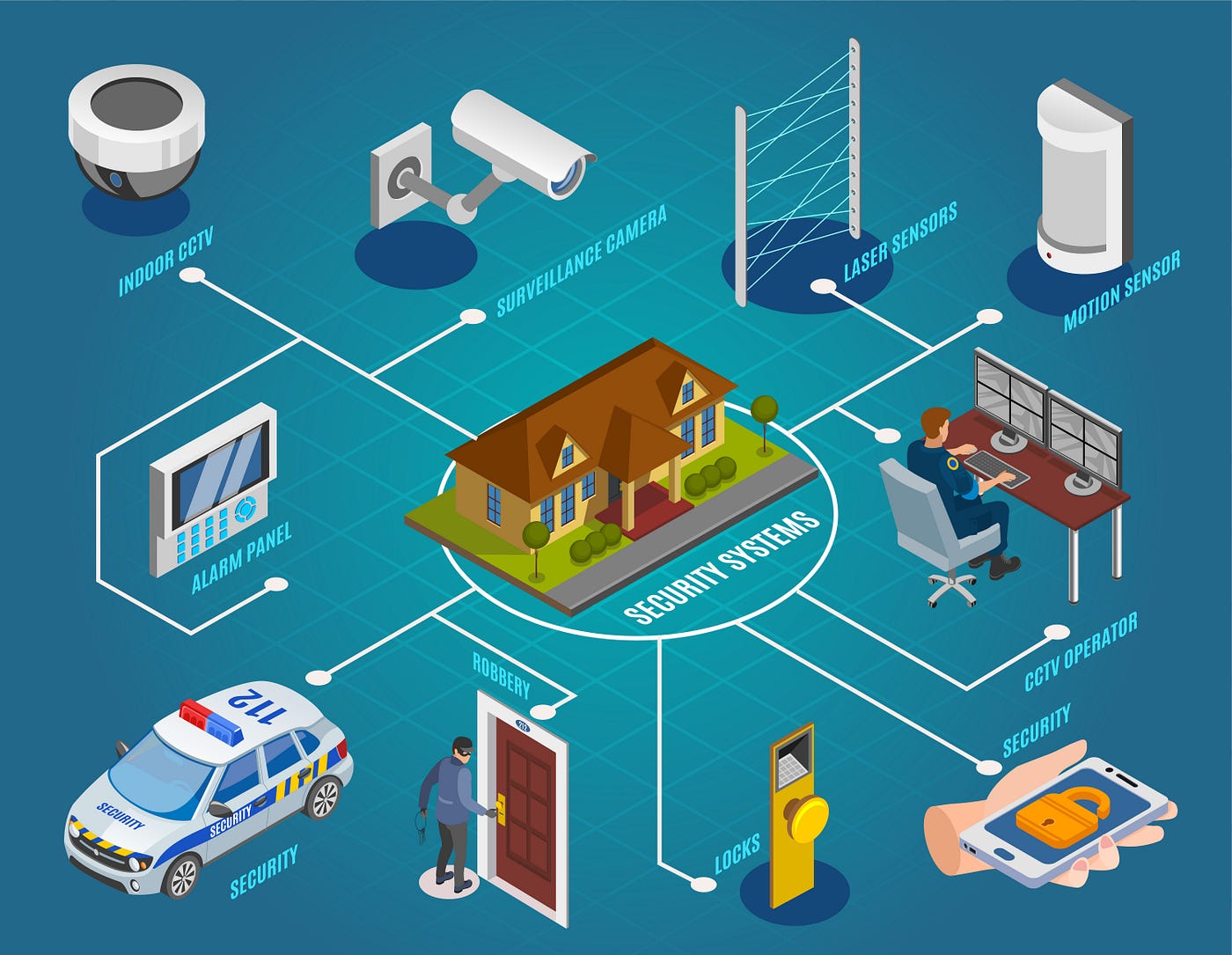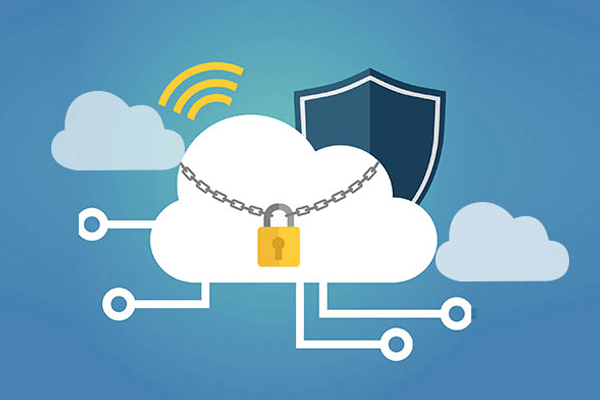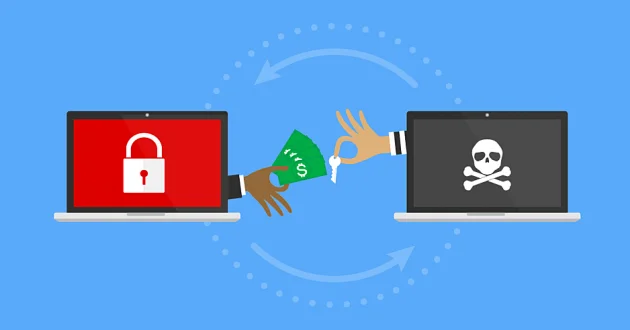What Is Meant By A Ransomware Attack?
Updated on October 11, 2022, by Xcitium

Because of present events, many of us are forced to stay in isolation and work from home. This setting has caused a multitude of chain reactions in many industries and business sectors, but one thing we don’t hear about much often is how today’s atmosphere has also inspirited cybercrime. To be fair, digital threats have increased alongside advancements and computer innovation. But one question people have Googled a lot more these days is, “what is a ransomware attack?”
So, what is a ransomware attack?
For this article, we’re answering just that!
What Is A Ransomware Attack And Should I Be Scared?
The concept surrounding ransomware is straightforward: it’s malicious software that encrypts and locks a user’s data or computing device in exchange for a ransom. In most cases, cybercriminals usually demand cash within a set period. If a victim fails to pay, then he or she loses his access forever. Still, there really isn’t a guarantee that one gets what’s rightfully his or her’s again if a fee is paid for. In that respect, it’s fair to be scared.
These cyber thieves can get hold of both your computer access and anything found in your system—videos, documents, pictures, contact numbers, email addresses, financial information, so on and so forth. Technically, everything on your computer or phone is still very much active. The only difference is that you can’t access them.
While the whole idea comprising what is a ransomware attack may be understandable, it’s never a pleasant experience to be a victim of these kinds of malware. Ransomware removal can take weeks if not months if not dealt with accordingly and professionally.
Who Is Prone To Ransomware Attacks?
When you find out what you need to know about the question, “What is a ransomware attack?” It never really ends with just knowing what it is and what it does. You also have to be well aware of who these attackers are most likely to target.
The truth is, anyone can be ransomware victims. Despite that, some individuals and groups pose a higher likelihood of being exposed to these harms, simply because of a.) their ability to pay huge sums of money and b.) because of blackmail.
Let’s Take A Look At What Cyber Thieves Generally Look For When Attacking Victims:
- Organizations that don’t seem to have strict security measures
Schools and universities are great examples under this category simply because many academic institutions don’t prioritize data security. Considering however colleges have good information about contacts, they create excellent victims of cybercrime.
- Institutions that are deemed to pay ransom immediately
Medical facilities, government agencies, financial institutions, and other similar organizations are considered high-risk of these kinds of attacks too, according to ransomware statistics. That’s because these groups are deemed to need immediate access to their files and computers to keep the business running. As a result, these institutions are believed to give in and pay a ransom right away.
- Companies with private data
Every company has sensitive data, but law firms and hospitals hold the bar high in this aspect. Law cases and illnesses of patients and clients should never be disclosed to prying and unauthorized eyes. As such, ransomware statistics also say that these groups are prone to attacks.
- First-world businesses
Although many third-world companies aren’t any less of targets, huge enterprises in first-world countries never leave the list of cybercriminals. For obvious reasons, household companies extend bigger payouts and wider coverage. As such, anything that keeps them from accessing their much-needed data and documents can cost them millions, if not much more.
All in all, ransomware removal can be tricky. This is precisely why it’s important to be subscribed to a credible cybersecurity plan.
Things To Remember
Now that we’ve discussed what is a ransomware attack, let’s go over a few important reminders to make sure we don’t ever find ourselves bargaining with hackers.
- Security software can never be underplayed
Ransomware removal is a challenging feat. But when you have advanced endpoint protection to protect your organization’s computers and data, you’ll never have to deal with these attacks at all. Ransomware statistics conclusively reveal that corporations and organizations with cybersecurity are less possible, if not protected utterly, from malicious computer code.
- Always prepare back-up
Yes, a cybersecurity program will protect you. But nothing beats having back-up, too. Storing your data in a cloud account you can trust benefits you more during times like these. Because you can access whatever you need to at any device, being held hostage to your own computing device won’t be as exponentially scary, as, at the end of the day, all the important files you need access to are still accessible.
For more information about award-winning computer and data protection, contact Xcitium Cybersecurity today!




